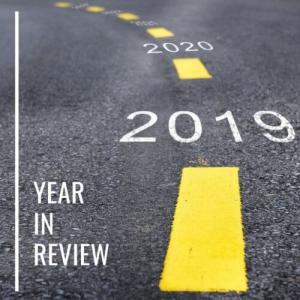Longitudinal Study Links Variable Blood Pressure in Young Adults to Increased Risk for Cardiovascular Disease
DCRI Study Reveals Opportunities to Improve Resuscitation Care for Patients on Dialysis
Despite gaps in resuscitation care between patients on dialysis and patients not receiving dialysis, study results showed similar survival rates for both groups.
Evidence from DCRI Study Supports Effectiveness of Digital Treatment for ADHD
EXSCEL Contributes to New Discoveries via Secondary Manuscripts
The EXSCEL trial, which explored the impact of exenatide on major cardiovascular events in patients with Type 2 diabetes, has also published nearly a dozen secondary manuscripts on a range of topic
With Huge Opportunities for Cardiovascular Secondary Prevention, Better Adoption Strategies will be Critical
In response to a recent study that found the majority of cardiovascular patients are eligible for at least one of 12 novel secondary prevention therapies, representatives from the DCRI urge a focus
More Individualized Decision Making Needed in Treatment of Acute Ischemic Stroke
The observational study found that amongst acute ischemic stroke patients treated with intravenous tissue plasminogen activator, patients who had experienced a previous stroke within the past two w
DCRI-led Trial Leads to Coronary Device Approval in Japan
The HARMONEE trial is part of the Harmonization by Doing program, which aims to create a uniform pathway for clinical development in the U.S. and Japan.
Certain Risk Factors Could Predict High Costs for Patients with Musculoskeletal Pain
A new analysis from the DCRI showed that 35 percent of direct costs related to musculoskeletal pain were attributable to about 4 percent of patients who were persistent high-cost utilizers.
Federal Awards Funds Collaborative Child Health Effort Among Duke, UNC, NC DHHS
The initiative, which will be led by a DCRI pediatrician, aims to create a new care and services model for children in five North Carolina counties.
Year in Review 2019: DCRI Continues Study Support and Knowledge Sharing
As the year—and the decade—draws to a close, we take a look back at some of our accomplishments and the ways in which we shared knowledge in 2019.





